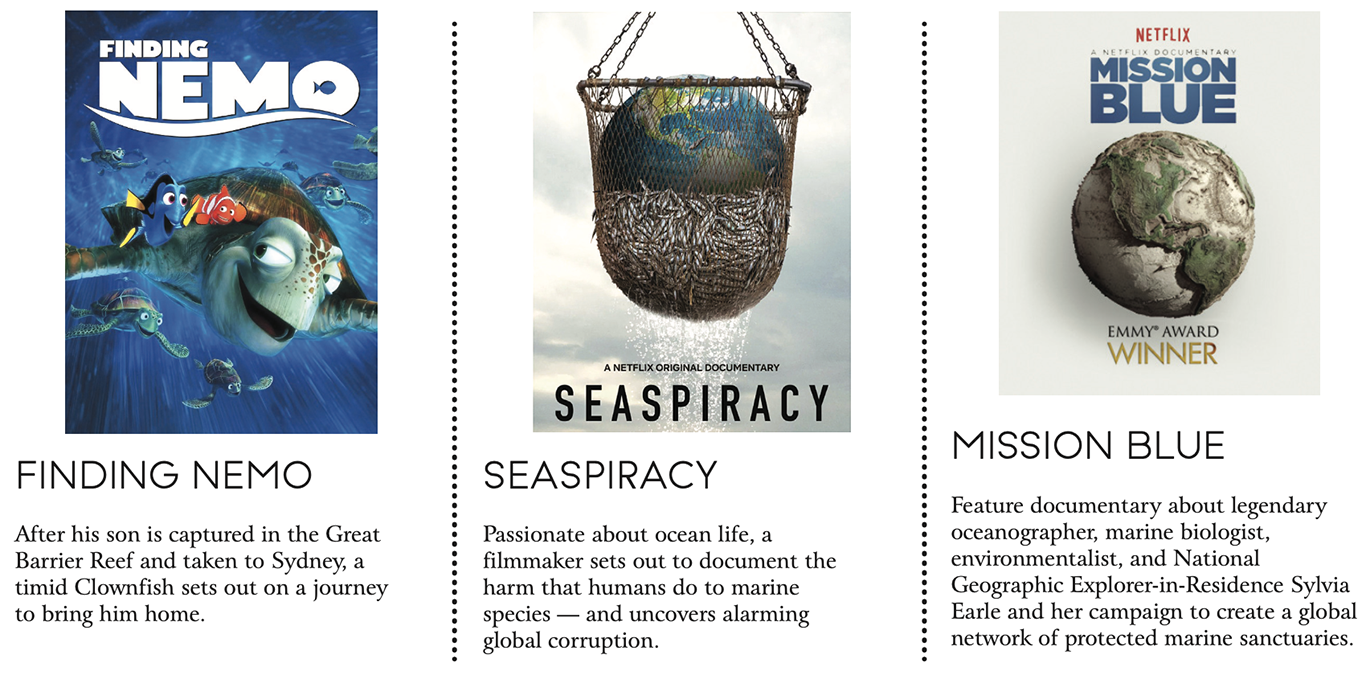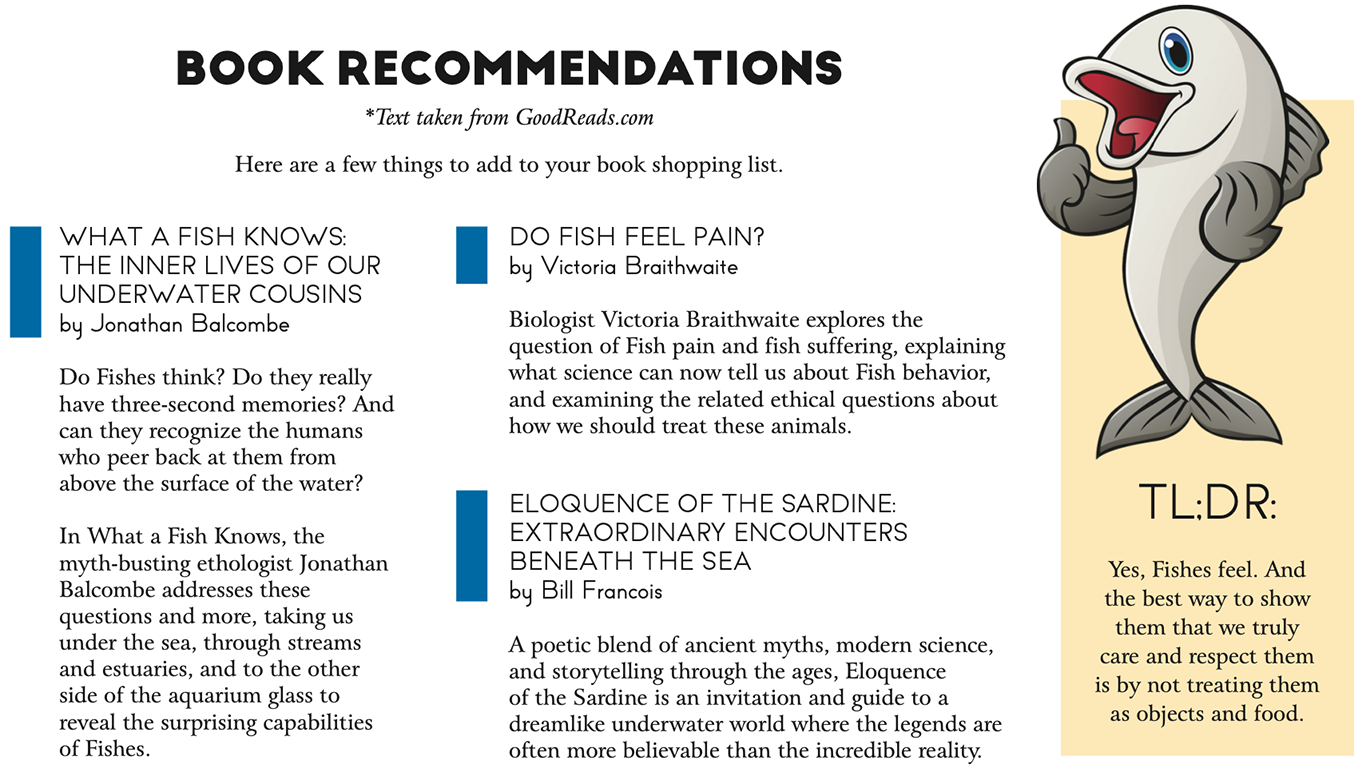DO FISHES FEEL?
In a bid to keep our oceans healthy, we always hear marine organizations encouraging us to save the oceans and Fishes by choosing “sustainable seafood,” donating to projects that will help replenish Fish populations, reducing our use of plastics, or practicing “catch and release” when fishing as sport. But what if there is a much simpler way to heal our oceans? What if we choose to see past Fishes as a mere resource?
What if the best way we can make an impact is by changing our perspective – from wanting to save the oceans because we consider it a food source to wanting to live in harmony with it and the creatures that live in it? What if we could save Fishes and other sea animals by simply letting them be?
In his bestselling book titled What A Fish Knows, ethologist John Balcombe writes about the inner lives of our underwater cousins and explores whether Fishes can feel and therefore deserve moral consideration.
ANATOMY AND FISH-OLOGY
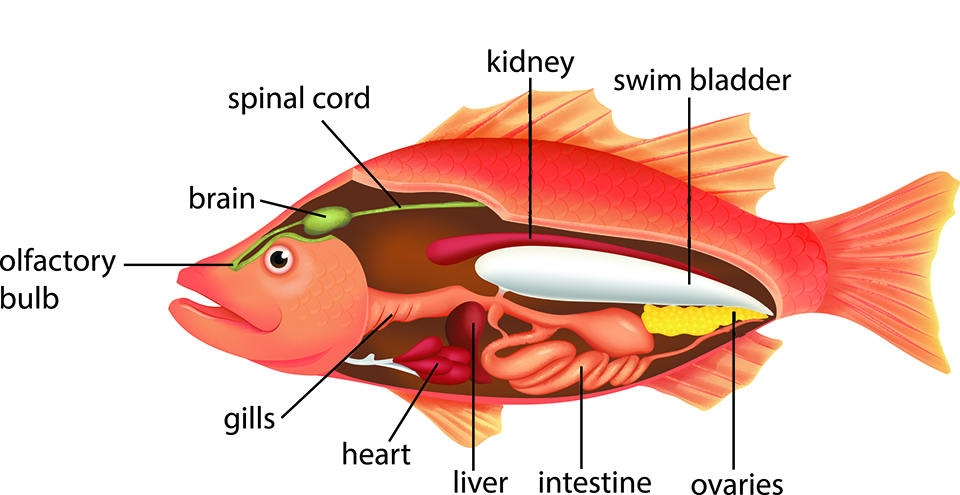
Fishes are highly complex animals with body parts and bodily functions that have evolved from millions of years of evolution. This fact alone should give them the right to be respected, but let’s dive into their “complex” nature a little bit more.
Though Fishes resemble humans the least — having fins instead of limbs to navigate the seas, being able to breathe underwater, lay eggs, or being cold-blooded, among many others — both our species have hearts that pump blood through our entire bodies. And that may not be the only thing we have in common, in a sense.
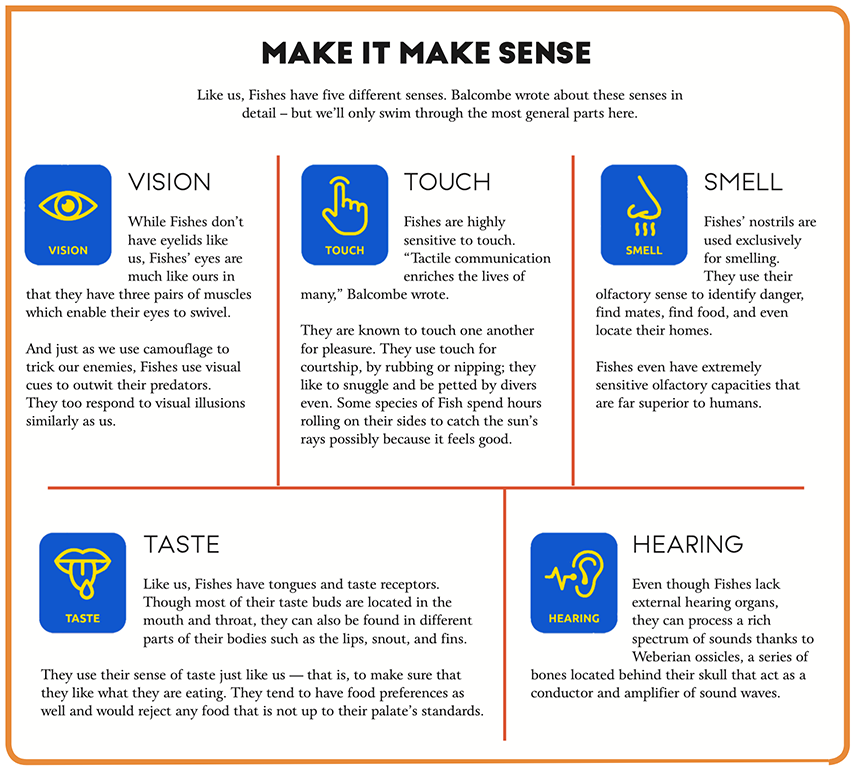
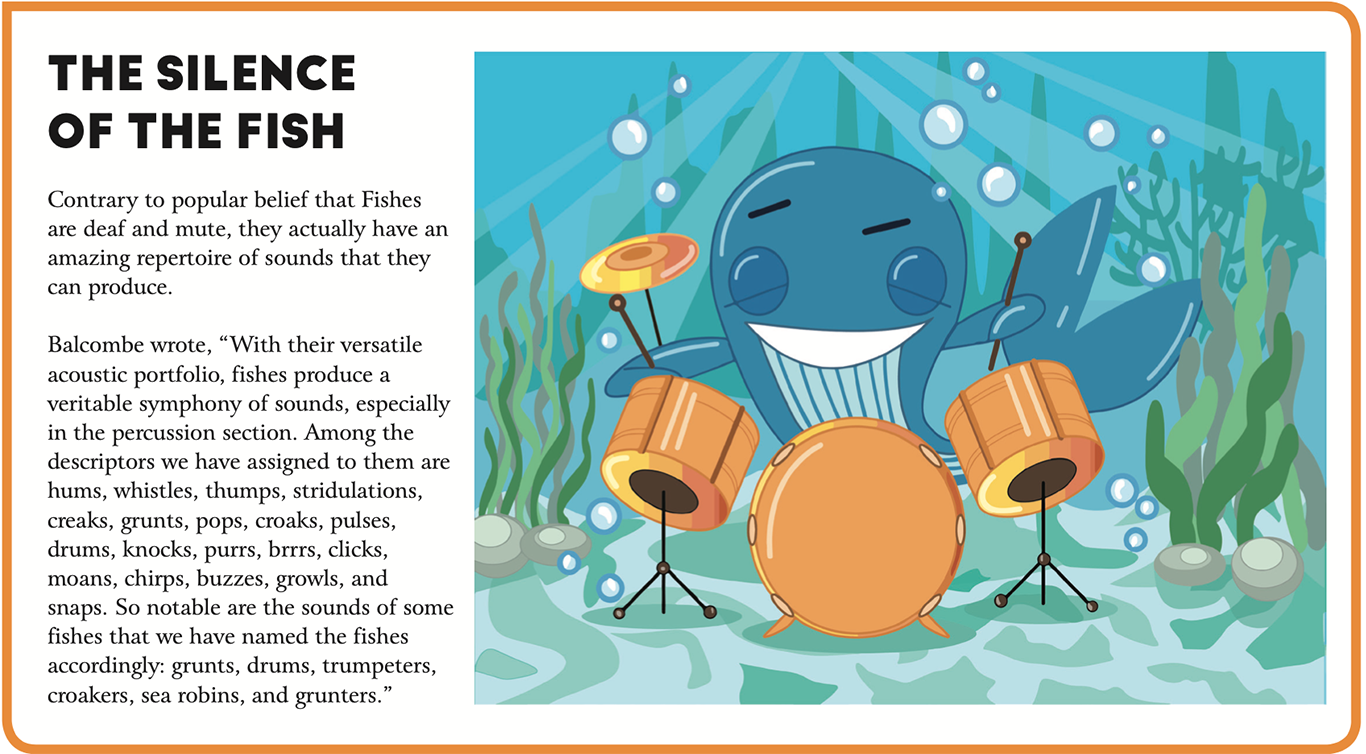
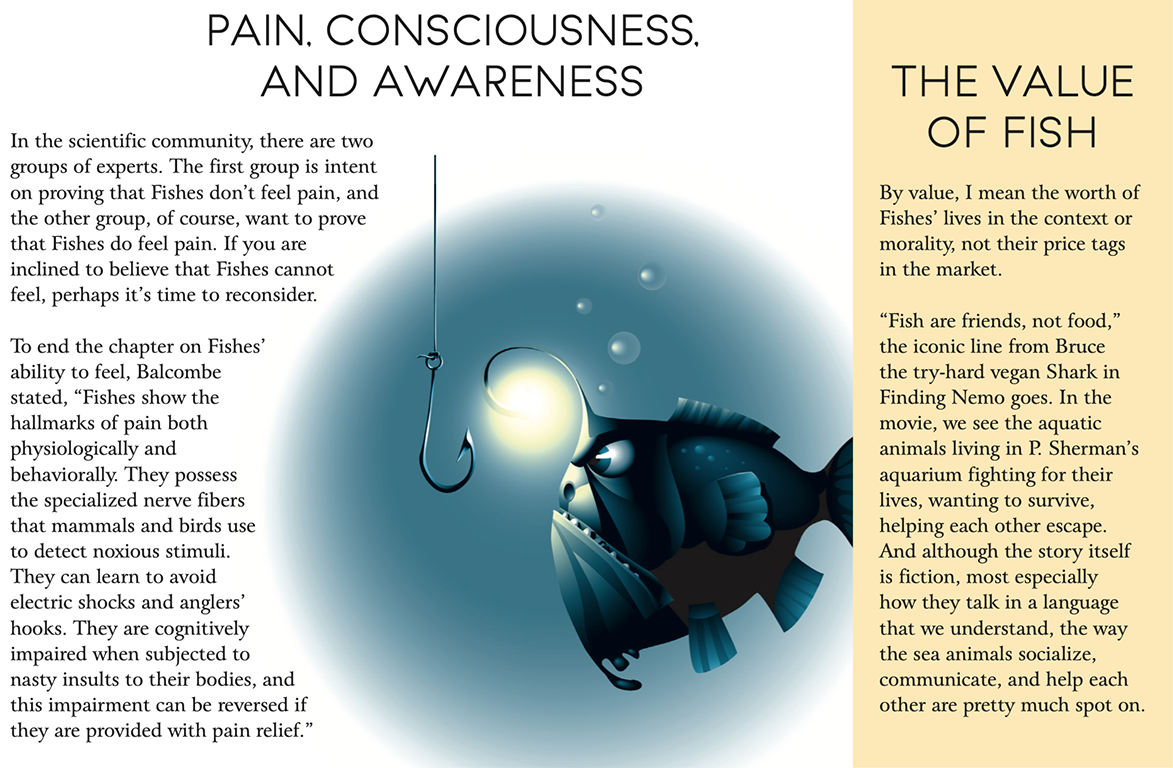
FISH ARE FRIENDS NOT FOOD
Not a lot of organizations focus on the rights of Fishes, but a couple of campaigns were founded to advocate just that.
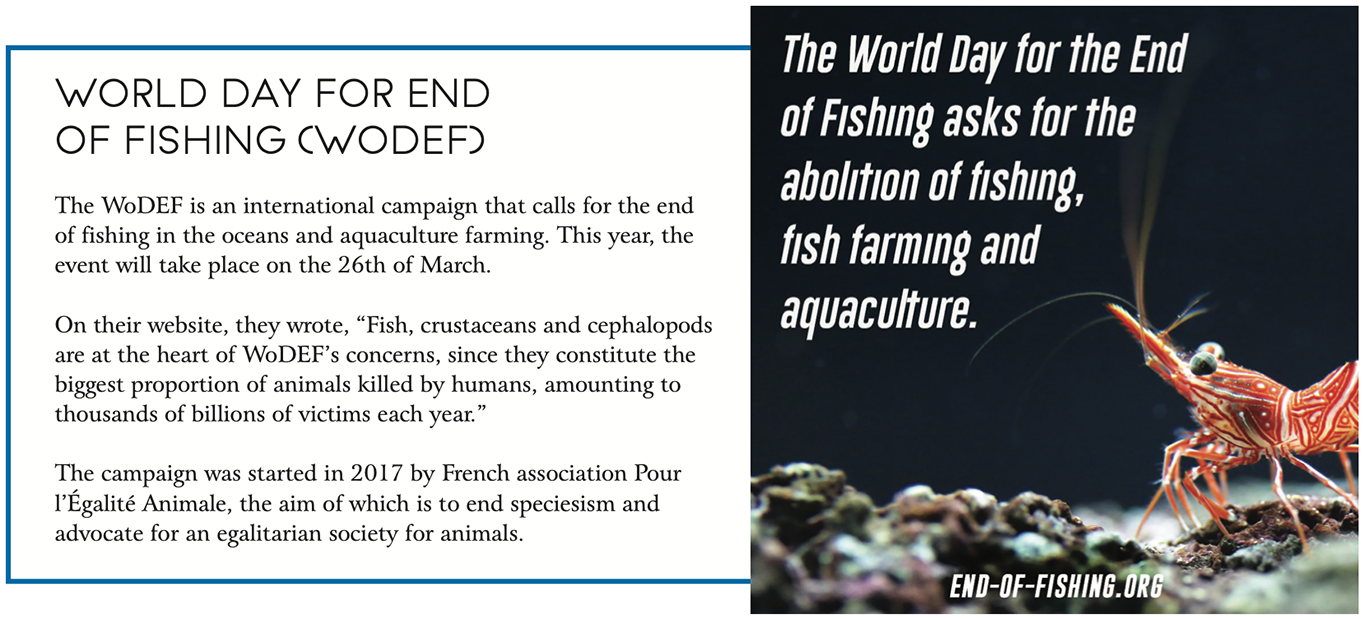

THE ISSUES
The multibillion-dollar fishing industry is rife with issues. Not only are they draining the oceans of sea life, especially Fishes (not to mention those that get trapped in fishing nets as by-catch), but they’re guilty of human rights exploitation, too.
As creatures that are sentient, Fishes (and other marine animals) need to be spared from harmful industries – I strongly believe that they should be kept from being consumed, experimented on, and used for entertainment, and that they deserve moral consideration.
We, as stewards of our planet, should take responsibility for our actions that empower dangerous industries to continue destroying lives, and the home that sustains us, for profit.
RECOMMENDATIONS FROM VARIOUS ORGANIZATIONS


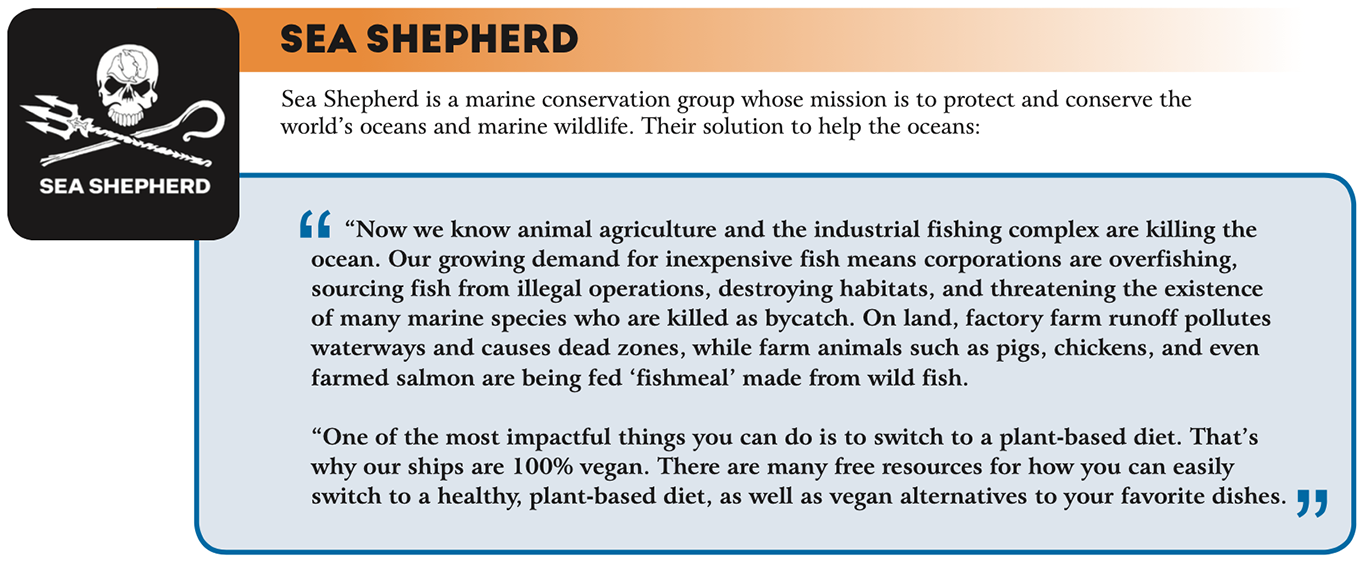
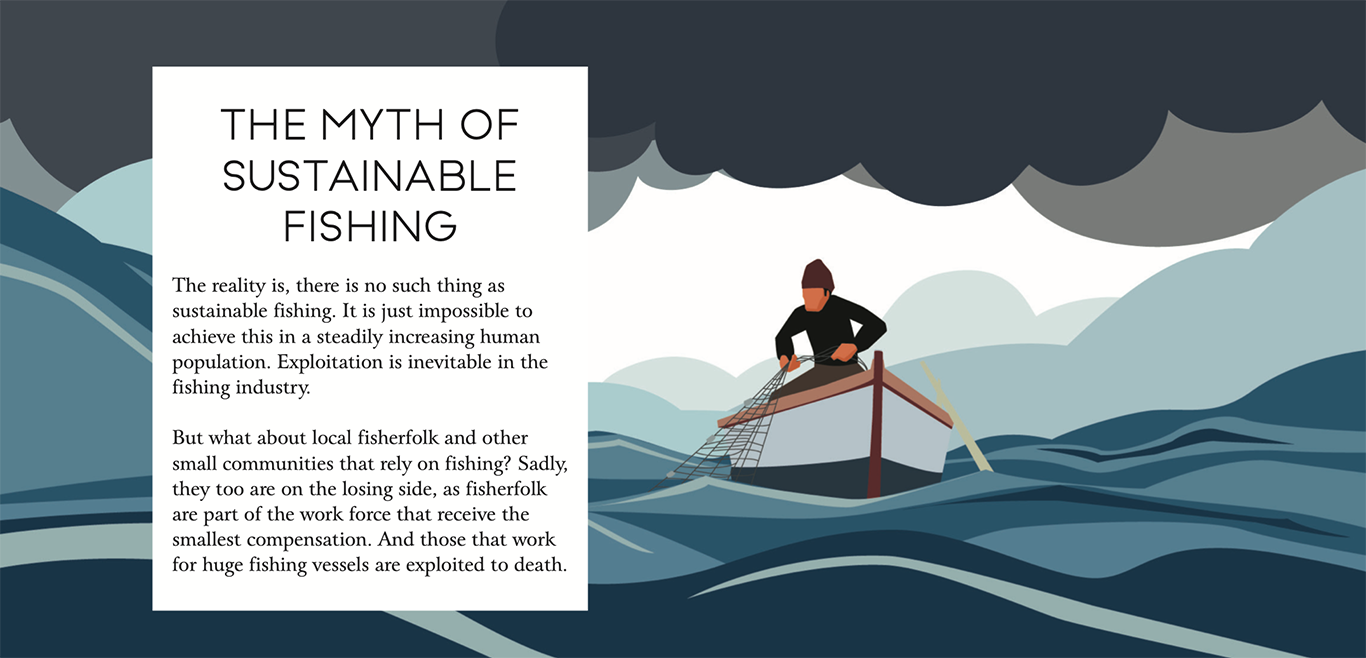
HELPING OUT FISH FARMERS WITH TRUE SUSTAINABLE SOLUTIONS
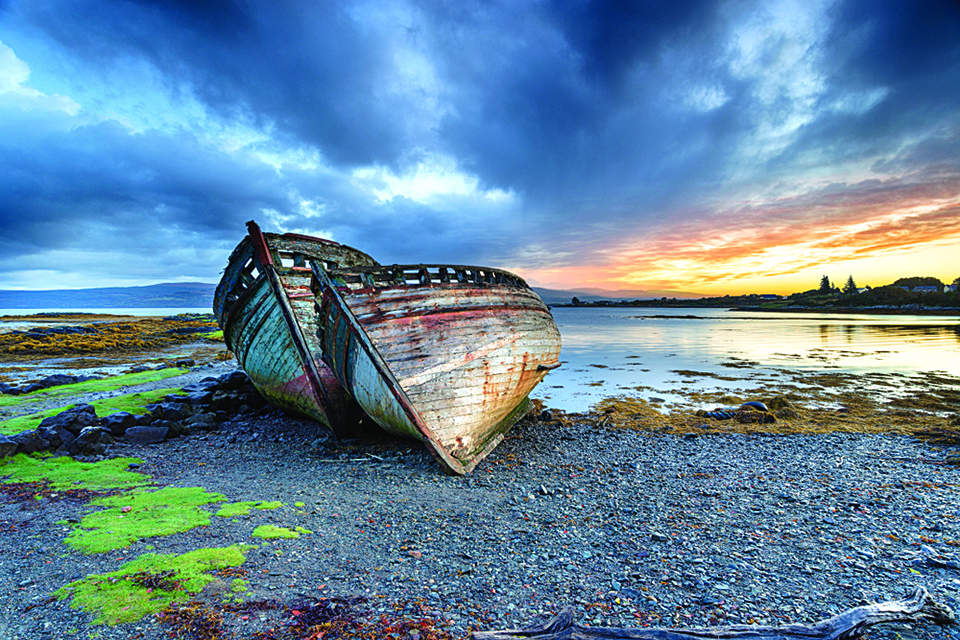
Non-government organization conservation association Marine Conservation Philippines shared on their website the UN report that commercial fishing in Asia Pacific will be a dead industry by 2050 because of the widespread biodiversity loss in coastal ecosystems. To address this issue, they said:
“A potential pathway to ensure that our 2050 is a different destination, is the use of Alternative Livelihoods. Whilst coastal fishing economies does (sic) not pose as large a threat to fish populations as commercial fishing does, it is a bigger threat to biodiversity. Fishing along Philippine coastlines is, for the vast majority, indiscriminate, with fishermen catching everything regardless of species and regardless of size. Providing alternative livelihoods can remove some of this stress by reforming the local economy from one that relies on fisheries to one that is more diversified.”
They propose alternative livelihoods that have been implemented throughout the world, such as jewelry and handicrafts, waste reclamation, and repurposing. They said, “All of these livelihoods have the potential to take one more fisherman out of the water, and into something that is in the long-term more secure, and sustainable, economically and ecologically.”
